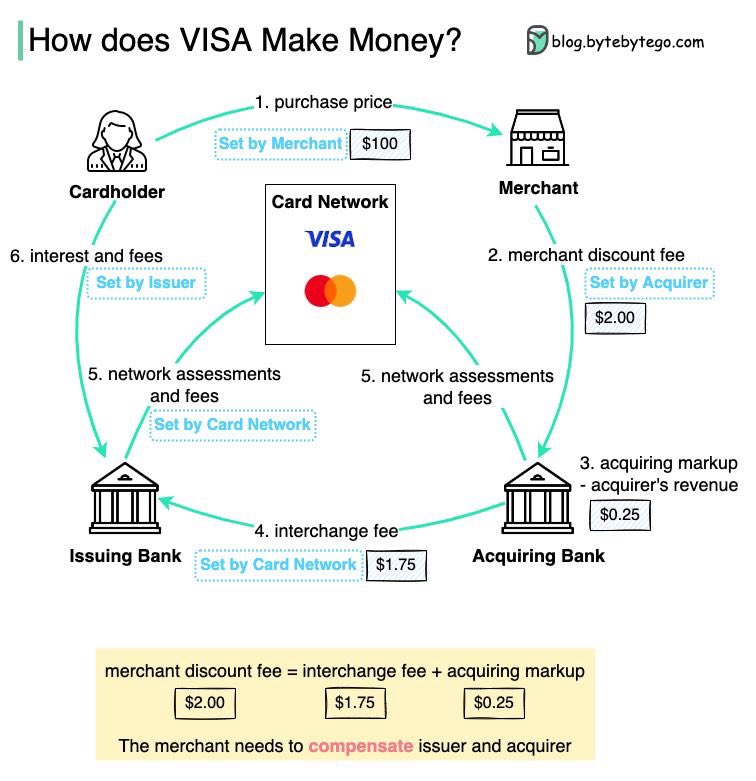
Happy New Year Eve to all!!
Can you believe we are coming to the end of 2022? Time sure flies when you're having fun (or when you're just trying to survive a pandemic). But hey, at least we made it to the end of the year!
Can you believe we are coming to the end of 2022? Time sure flies when you're having fun (or when you're just trying to survive a pandemic). But hey, at least we made it to the end of the year!
As we ring in the new year, let's take a moment to reflect on all the ridiculous things we've done in 2023. From Zoom happy hours to accidentally wearing mismatched socks on video calls, it's been a wild ride.
But let's not dwell on the past, instead let's look ahead to the ridiculous things we'll do in 2023. Maybe we'll finally master the art of making the perfect cocktail, or maybe accidentally set our kitchen on fire while trying to cook a fancy meal. The possibilities are endless!
Here's to a year filled with laughter, love, and plenty of ridiculous moments.
#HappyNewYear #HappyNewYear2023
#HappyNewYear #HappyNewYear2023
• • •
Missing some Tweet in this thread? You can try to
force a refresh










